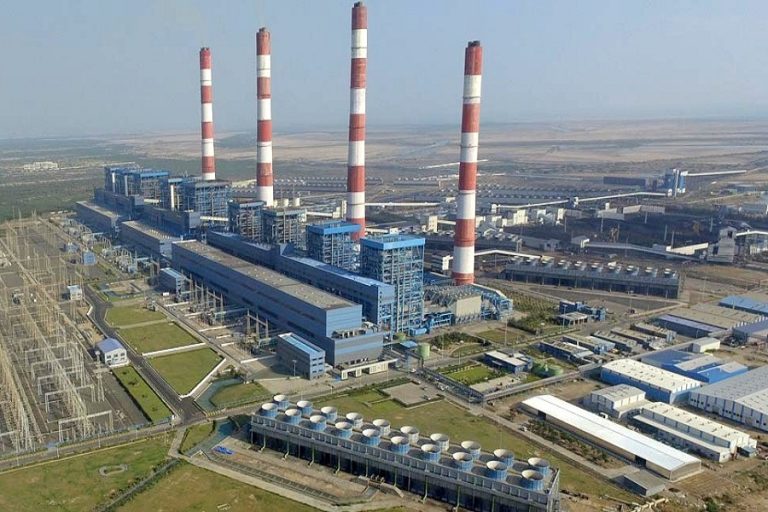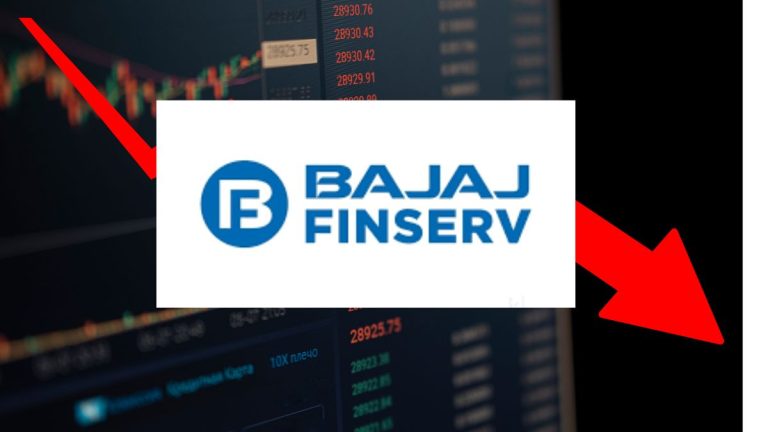Kinara Capital Looks for Fresh Funds to Tackle Debt Woes
Fintech lender Kinara Capital is on the hunt for new equity investors. The company, known for giving loans to small businesses without asking for collateral, is trying to raise fresh capital to ease its current debt troubles.
Sources close to the matter say the company has already reached out to its lenders, explaining that it needs this financial boost to stay on track and continue running smoothly.
What Does Kinara Capital Do?
Kinara Capital is a non-banking financial company (NBFC) that gives small loans to micro, small, and medium-sized businesses (MSMEs) in India. These are often shops, small factories, or service providers who don’t usually qualify for traditional bank loans.

One of Kinara’s big selling points is that it gives unsecured loans—meaning borrowers don’t have to put up their house, shop, or gold as security. It’s been operating profitably for the last nine years and even closed FY24 with a net profit of ₹62 crore. So, what went wrong?
The Debt Problem
Despite years of success, Kinara Capital ran into trouble in the last few months. Some of its borrowers—mainly small businesses—started missing their repayments. This created a ripple effect, making it harder for Kinara to repay the money it had borrowed from other financial institutions.
In simple terms, the company lent out money to hundreds of small businesses, expecting to be paid back. But when too many of those businesses struggled to pay, Kinara’s own finances took a hit. By December 2024, the company had fallen short on certain key financial promises it had made to its lenders.
Looking for a Lifeline
To bounce back, Kinara Capital is now trying to raise fresh funds by selling shares (equity) in the company. This would bring in cash without adding to its debt. In other words, instead of borrowing more money, it’s looking for investors who are willing to buy a stake in the company in exchange for future returns.
Kinara says this move will help it clean up its books and continue offering loans to India’s small business community. According to the company’s Chief Financial Officer, Aiswarya Ravi, their overall financial health is still solid, and they’re taking all the right steps to fix the situation.
The Impact of Loan Defaults
The problem became more obvious when Kinara reported a net loss of ₹6.78 crore in the June 2024 quarter. That’s a sharp fall compared to a profit of ₹26 crore during the same period in the previous year.
A big reason for this drop is the rise in defaults—borrowers not paying back their loans. The company had also been lending to some riskier customer segments, which made things worse when those customers couldn’t repay.
What Is Kinara Doing About It?
The company is making several changes. First, it’s being more cautious about who it lends to. Over the last 15 months, Kinara has slowed down its loan disbursements to focus on better-quality borrowers. This cautious approach has caused its loan book (the total amount it has lent out) to stop growing, but the hope is that it will reduce future losses.
Second, the company is planning to sell off some of its bad loans—those that have no chance of being repaid. In total, Kinara has already written off ₹123 crore in non-performing loans. Selling these assets could help improve its balance sheet.
A Difficult Phase, but Not the End
Despite the current challenges, Kinara Capital says it remains committed to repaying all of its lenders on time. It continues to talk openly with its financial partners and is optimistic that raising equity will help it move past this rough patch.
Raising fresh capital isn’t easy, especially in a climate where many fintech companies are being closely watched. But Kinara believes its strong track record and honest approach will help bring back investor confidence.
Final Thoughts
Kinara Capital’s story shows how tricky the lending business can be—especially when you’re serving small borrowers who often have limited resources. Even companies with strong track records can hit bumps in the road.
The next few months will be crucial for Kinara as it works to secure new investors and restore financial stability. If successful, the company could once again become a reliable partner for thousands of small businesses across India.






